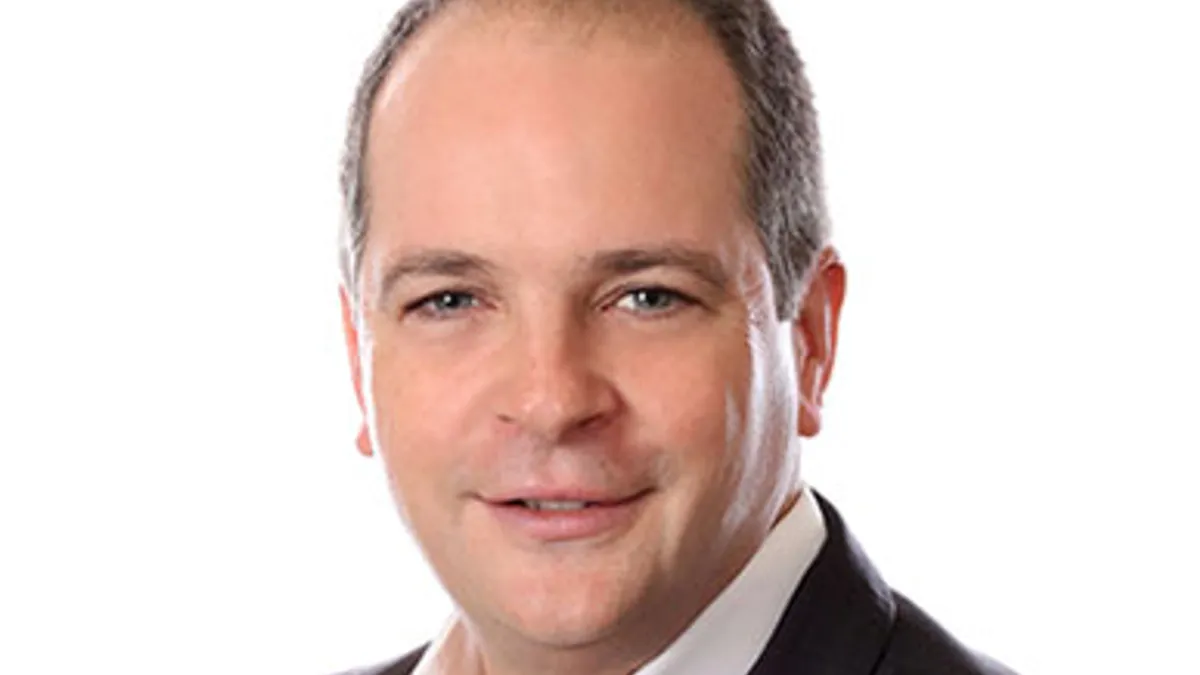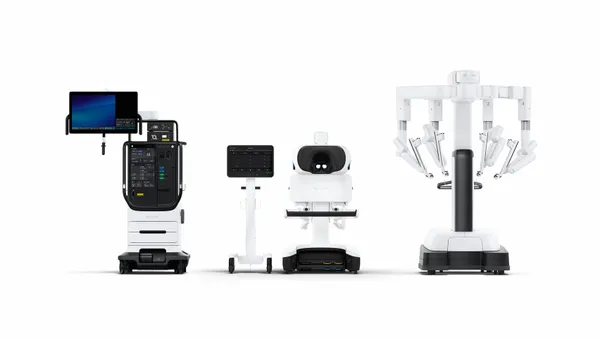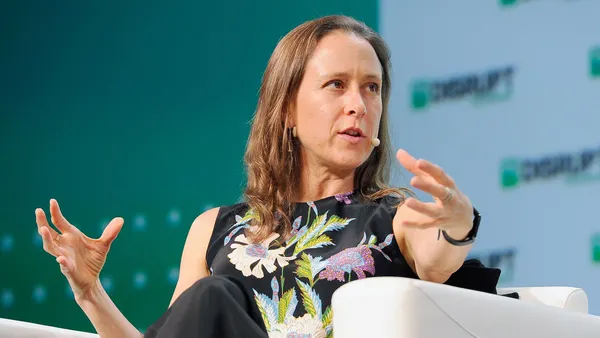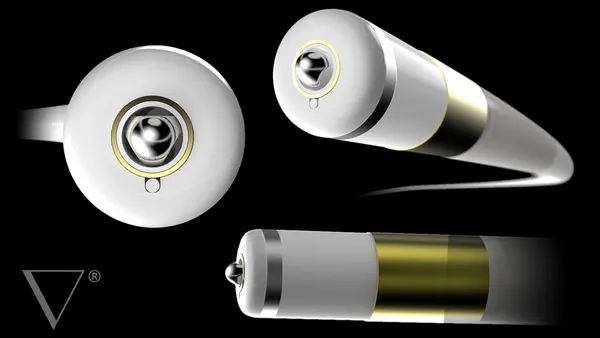ResMed said it’s bringing a new manufacturing facility online to meet demand for sleep apnea devices as competitor Philips Respironics struggles to complete a massive recall of its own devices and pandemic-related chip shortages slow production.
“We see that as a humanitarian emergency and we're doing everything we can to source more and more semiconductor chips and we're having some good success,” ResMed CEO Mick Farrell said at the J.P. Morgan Healthcare Conference on Monday. ResMed is the largest manufacturer of CPAP and bilevel positive airway pressure devices by market share.
Currently, wait times for the devices after a diagnosis are eight to 12 weeks in some parts of the world, Farrell added.
“Can you imagine, you've got a really important new condition but we'll see you in three months? It's just wrong,” he said, adding that “every month and every quarter,” ResMed gets closer to meeting that demand.
In November, the company opened a new manufacturing hub in Singapore, which Farrell said has the capacity to meet all of the market’s need for production of sleep apnea devices. As the company ramps up its sourcing of electronic components, it will be able to meet more of that demand, the CEO said.
Semiconductor chips in particular have been hard to purchase in the last two to three years, as the pandemic snarled supply chains and demand for consumer electronics increased. ResMed primarily competes with the auto industry for the kind of chips it needs.
Despite multi-year agreements with semiconductor manufacturers, some suppliers failed to honor their commitments, using their capacity to fulfill other orders, COO Rob Douglas said.
“That seems to have settled down,” Douglas added.
It’s not yet clear when Philips will re-enter the market. In December, the Dutch-based conglomerate said it expected to finish production for 90% of replacement devices by the end of the year. The company is also in consent decree talks with the U.S. Department of Justice.
“I don't know when they will be back. Neither of those matter because they've got to start from zero share of new patients and work their way back in, and the number two, three and four players have taken some of that sort of second-tier play, and they will go and fight for that share at the start,” Farrell said.
Farrell said ResMed expects steady demand for CPAP machines over the next 18 months.














